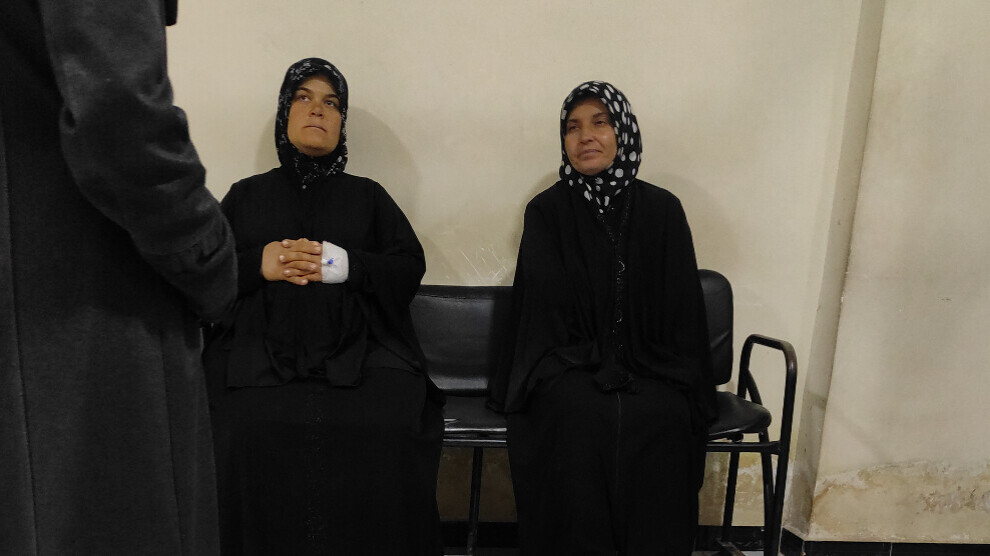IBS cases on rise in Idlib
There is an increase in irritable bowel syndrome (IBS) cases in Idlib, especially among displaced women, due to contaminated water. Women have no access to health services due to financial reasons.

HADEEL Al-OMAR
Idlib- Irritable bowel syndrome (IBS), also called the gastrointestinal tract, is a disorder that affects the stomach and intestine, causing symptoms such as cramping, abdominal pain, bloating, gas, and diarrhea or constipation. IBS is common among displaced women living in IDPs camps of Idlib, controlled by the Turkish state and its armed faction Hay'at Tahrir al-Sham (HTS).
37-year-old Majda Al-Karmo is one of the displaced women suffering from IBS. Especially in winter, she suffers from abdominal bloating. “I cannot buy medications due to their high prices and I feel depressed due to constant abdominal pain. I always feel stressed and sad. I do not want to go out or do anything. My husband starts feeling uncomfortable due to this situation. He threatens me to marry someone else. I cannot receive treatment because there is no hospital or health center near the camp.”
Poverty prevents her from following a diet
“I cannot follow the diet recommended by the doctor due to poverty,” said 44-year-old Rabab Al-Shardoub. “We often eat one meal a day. We cannot buy vegetables or meat because they are very expensive. All we eat are legumes, rice, bulgur and lentils. I do not believe I will feel better due to our living conditions.”
‘Stress may make symptoms worse’
Gynecologist Soha Al-Khatib told us that environmental factors such as diet, infection, early life trauma and stress could cause IBS. “Stress may make symptoms worse. People suffering from IBS should receive both medication and psychological support. IBS patients should avoid feelings such as fear, anxiety and stress. However, people living in IDPs camps suffer from difficult living conditions and they have no access to health services.”
